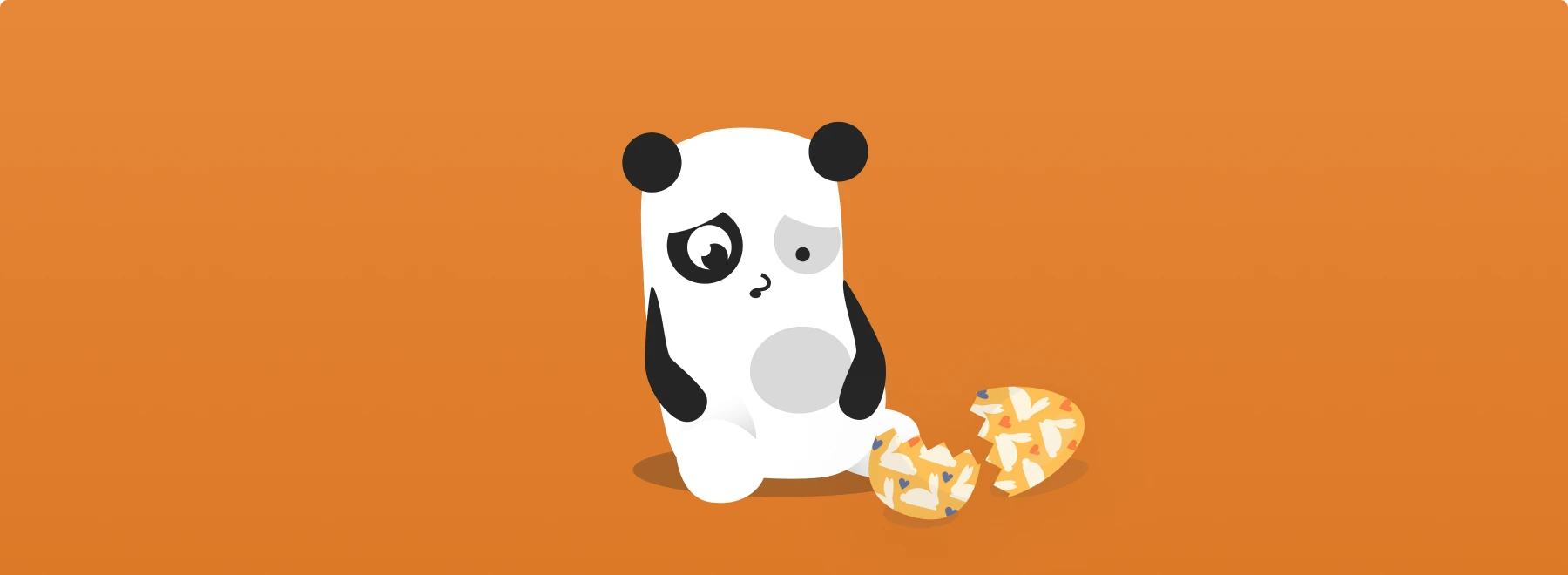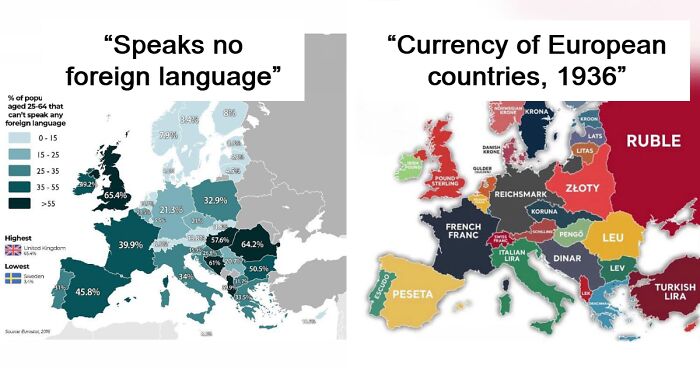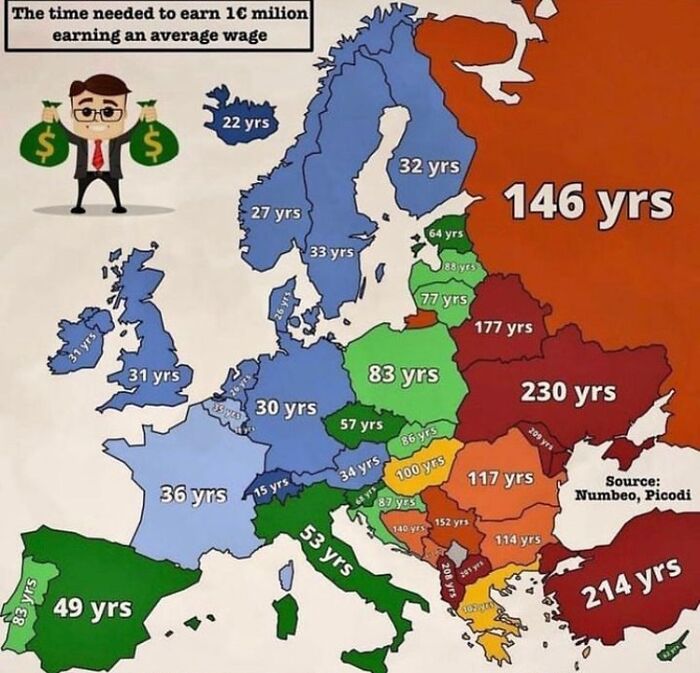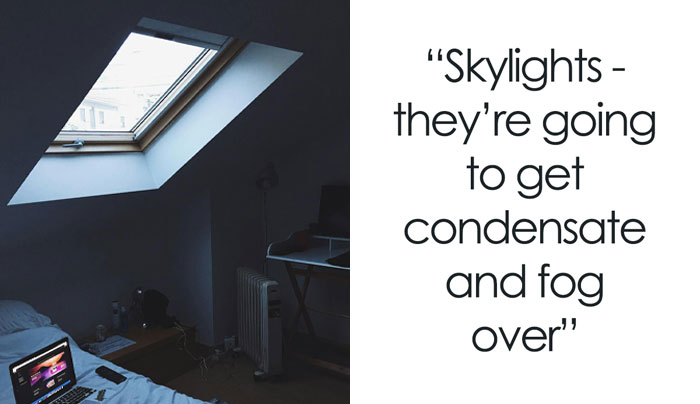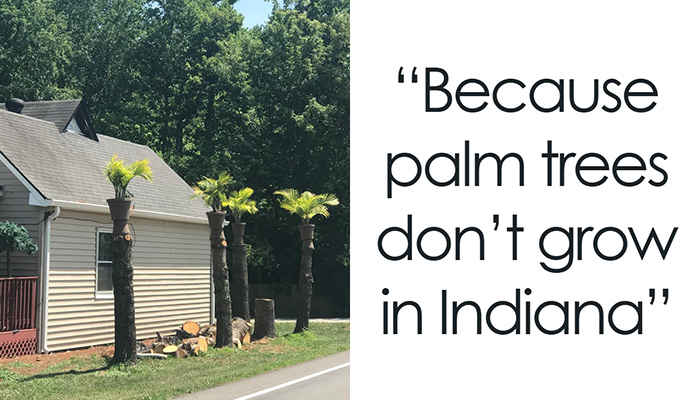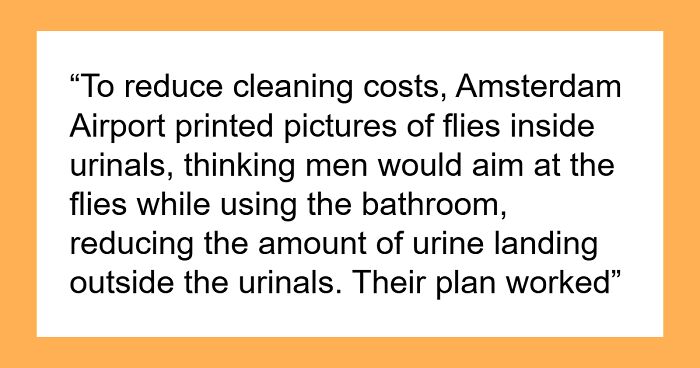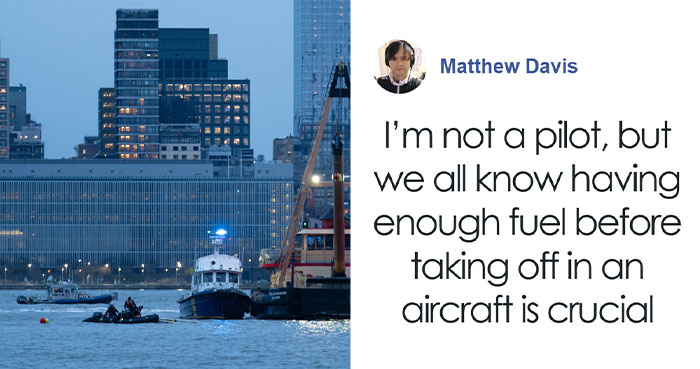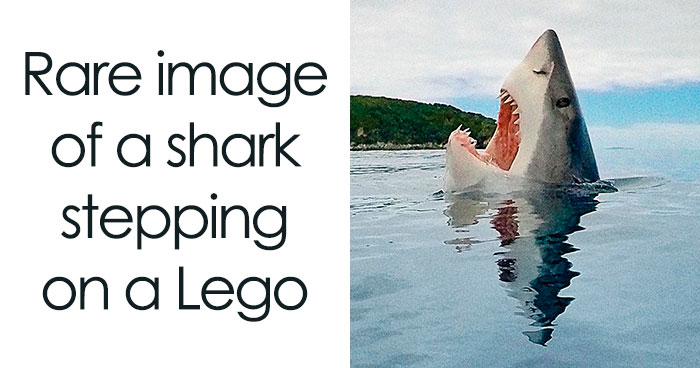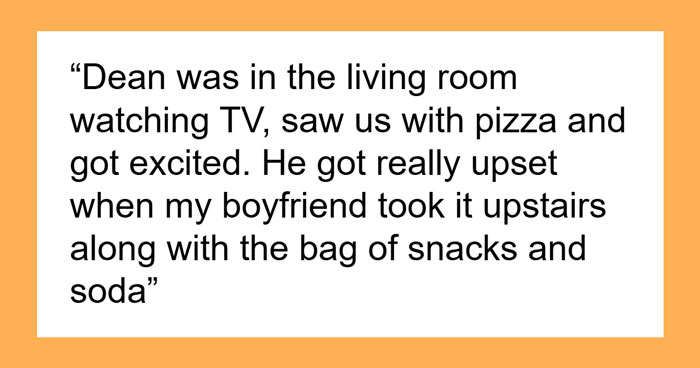There are so many fascinating facts about the world that we likely don’t know. With so much readily available information online, finding those interesting bits can be challenging.
Fortunately, we have the Mapas Mundiales Instagram page to do that for us. With over 64,000 followers, it features unique and intriguing trivia about specific regions around the globe.
Here, you’ll learn about the most common self-identified ancestries in the US, the annual wine consumption per capita in Europe, and the largest non-African nationalities in each African country. We’ve collected some posts from the account. Let this list be your quick yet insightful geography lesson for today.
This post may include affiliate links.
Apart from tickling our worldly curiosities, learning geography can enrich our lives in some form. This is why veteran educator Chris Hefferman is an advocate for it.
In a column he wrote for PBS, Hefferman says geography matters more than ever in this digital age. Since people can easily Google where countries are, he advocates focusing on human geography and the relationships between cultures.
"They need to know that the other people they work with, whether in a cubicle down the hall or on a screen halfway around the world, all have ideas and value," Hefferman wrote.
For Hefferman, geography helps us better understand the world. These posts give us a glimpse of life in these regions but on a much deeper level than a map's surface.
So, Northern and Western Europe actually is the "land of the free" then?
Why are the southern north-Irish multiplying like rabbits? Something in the water?
Since this list is all about fascinating factoids about the world, here are a few more. Let’s begin with North Korea and Cuba, the last two countries that choose not to sell Coca-Cola.
The ban on the famous soda brand in North Korea began in 2000. This forced citizens to resort to knockoffs from China, and many have pointed out the distinct differences from the original product.
Cuba, on the other hand, began its embargo on Coke in 1962 when its then-president, Fidel Castro, halted its production. Since then, the company has simply chosen to never return.
If you recall your elementary school science, you likely remember learning about Pangea. This theory states that the world was once a supercontinent where you could traverse the entire planet via land travel.
That hypothesis may still be true today. Apparently, you could walk 2.5 miles from Alaska and Russia and vice versa via the Bering Strait. It freezes during wintertime, giving easier access from mainland Alaska to northeastern Siberia. Now you know.
In theory, time travel is impossible. But if you’re in Ethiopia, you’ll be seven years behind the rest of the world.
That’s because they don’t follow the Gregorian calendar like the rest of the world. Instead, they move according to the Ge’ez calendar, which began counting dates after the birth of Jesus Christ.
Reports say Ethiopians continue to follow the Ge’ez calendar because they consider it a source of pride. It’s their way of resisting globalization and any form of colonial influence.
Some people love the grit and grime of New York City. But if you’re more about purity and sanitization, you’re better off in a country like Denmark. According to surveys, it is the cleanest country in 2024.
The Scandinavian territory is known for its sustainable living, self-sufficient wastewater treatment, and keeping the emission levels of greenhouse gases in check. It also helps that most of its people constantly think about climate change and how to prevent more consequences.
What about you, dear reader? Have you heard about any of these fascinating trivia tidbits? Better yet, do you have some of your own that aren’t a part of this list? Write them in the comments!
What economic freedom means depends on what you're free to do. And who is free to do it. To some, economic freedom means no labor, anti-trust, or environmental laws.
I can’t fathom Nigeria being large enough to sustainably house nearly 800 million people. That population density would be a nightmare.
highly skilled in what? As someone in the Netherlands once said "we have 6 million communication specialists and no one knows how to fix a tap"
Quiz • Discover Your Inner Geography Enthusiast
The "prejudices" map is wrong. Scandinavia is pretty, from pictures at least! Never been there but it looks nice
it's pretty easy. Go translate a few things in Google Translate. The main weirdness is they put the article after the noun. Husen = a house, Huset = the house. etc.
Load More Replies...The "prejudices" map is wrong. Scandinavia is pretty, from pictures at least! Never been there but it looks nice
it's pretty easy. Go translate a few things in Google Translate. The main weirdness is they put the article after the noun. Husen = a house, Huset = the house. etc.
Load More Replies...
 Dark Mode
Dark Mode 

 No fees, cancel anytime
No fees, cancel anytime 




